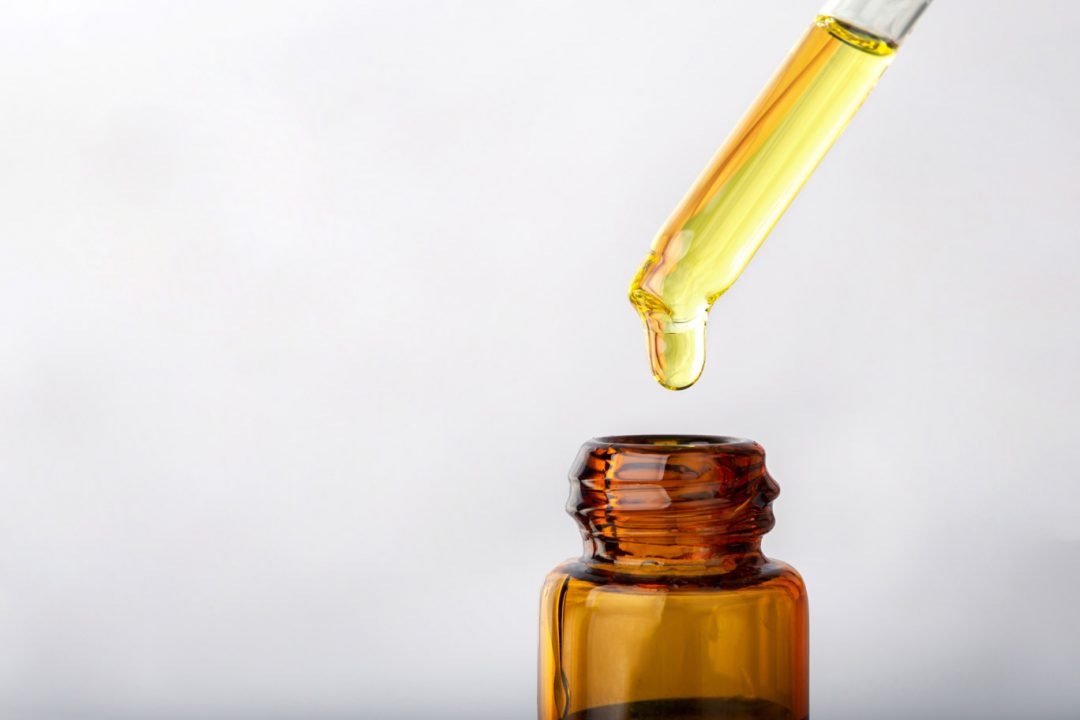CBD oil doesn’t reduce pain after common treatment for urinary stones

Treatment with an FDA-approved cannabidiol (CBD) oil product does not lower pain scores after surgical treatment and stent placement for patients with urinary stones, reports a clinical trial in the April issue of The Journal of Urology®, an Official Journal of the American Urological Association (AUA). The journal is published in the Lippincott portfolio by Wolters Kluwer.
“Urologists and patients alike are interested in finding effective alternatives to pain management after urinary stone treatment,” comments senior author Karen Stern, MD, of Mayo Clinic Phoenix, Ariz. “Our study found that although treatment with CBD oil was safe, it wasn’t effective in minimizing pain or opioid use after ureteroscopy [URS] and stent placement.”
First randomized trial of CBD for pain control after urinary stone treatment
Urinary stones located in the kidney or ureter are one of the most common problems treated by urologists. Stones that are too large to pass on their own may be treated surgically, using an instrument called a ureteroscope to remove or fragment the stones. In most cases, a soft plastic tube called a stent is placed to ensure that urine can drain from the kidney into the bladder until swelling of the ureter resolves.
Many patients find the stent uncomfortable and painful, leading to the need for pain medications – often including opioids. Opioid use after URS is a risk factor for opioid dependence, therefore there has been a significant movement towards finding alternatives for relieving patient stent discomfort.
One possibility is CBD: a non-psychoactive component of cannabis, which has shown promising effects in the treatment of pain and inflammation. Dr. Stern and colleagues designed a clinical trial to assess the effectiveness of CBD oil for pain management after URS with stent placement.
The study included 90 patients, average age 64 years, undergoing URS and stent placement for urinary stones. Patients were randomly assigned to three days of treatment with oral CBD oil or an inactive placebo. Treatment consisted of “off-label” use of a CBD oil formulation approved by the US Food and Drug Administration for the treatment of certain types of seizure disorders.
No reduction in pain or opioid use with CBD oil
Both groups received other standard medications, including a “rescue” opioid if needed for severe pain. A brief mild period of dizziness was the only side effect in patients taking CBD oil.
Pain scores after URS and stent placement were similar between groups. With CBD or placebo, average maximum pain score immediately after treatment was 2.2 (on a 0-to-10 scale). In both groups, pain scores decreased over the first three days. At no time were pain scores more than one-half a point different between the CBD and placebo groups.
Neither was there any significant difference in opioid use: even on the first day, most patients didn’t use their “rescue” opioid. Problems with urination and other bothersome symptoms were also similar between the CBD and placebo groups.
“In our experience, many patients ask whether CBD could be an effective option for managing pain after URS with stent placement,” Dr. Stern comments. “Our study provides high-quality evidence to counsel patients in this situation: While CBD oil appears safe, it does not seem to reduce pain or discomfort during the typically brief recovery period after this common procedure.”




